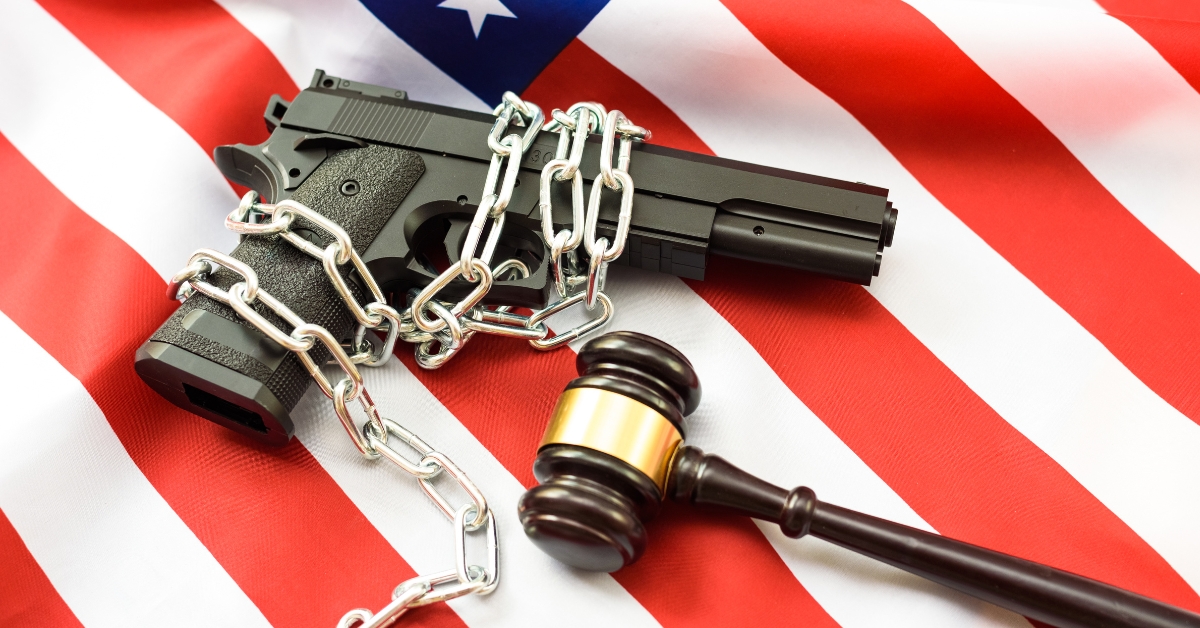
South Carolina Becomes the 29th State to Enact Constitutional Carry
In a landmark victory for Second Amendment advocates, South Carolina has officially become the 29th state in the union to enact constitutional carry, allowing law-abiding citizens the inherent right to carry firearms without the bureaucratic red tape of permits. This monumental move, signed into law by Governor Henry McMaster in a private ceremony, signals a pivotal shift towards embracing the fundamental freedoms enshrined in our Constitution.
The journey to this triumph wasn’t without its hurdles. The path to constitutional carry in South Carolina was fraught with political infighting among Republican lawmakers, which threatened to derail the entire endeavor. The opposition from anti-gun factions, ready to claim victory in the bill’s potential demise, was palpable. Yet, through persistent negotiation and compromise, a consensus was reached that satisfied both chambers of the Republican-controlled legislature.
The new law, encapsulated in House Bill 3594, represents a significant leap forward in the crusade for gun rights. It allows individuals 18 and older, who legally possess firearms, to carry them openly or concealed, dismantling the previously compulsory requirement for a concealed weapons permit (CWP). This change not only simplifies the process for citizens to exercise their Second Amendment rights but also aligns South Carolina with the growing list of states that recognize the inadequacy of permit systems to ensure public safety or deter crime.
However, it’s important to note that this victory does not come without its limitations. The legislation delineates several areas where firearms are prohibited, including hospitals, government buildings, schools, and private residences without explicit permission. While some may view these restrictions as necessary safety measures, they also present an opportunity for future legislative sessions to further refine the law, ideally expanding the locations where law-abiding citizens can carry.
The opposition often touts the potential for increased violence as a consequence of constitutional carry laws. Yet, as has been demonstrated in the 28 states before South Carolina, these predictions have not materialized. The anticipated surge in criminal activity fails to take into account that law-abiding citizens, who are the primary beneficiaries of such laws, are not the source of gun violence. Instead, constitutional carry serves as a deterrent to crime, empowering individuals with the means to protect themselves and their loved ones.
As South Carolina embraces this newfound freedom, it sends a clear message to the rest of the nation: the right to self-defense is non-negotiable, and the preservation of constitutional liberties remains paramount. The enactment of constitutional carry in South Carolina not only affirms the state’s commitment to upholding the Second Amendment but also challenges the narrative pushed by gun control advocates. It underscores the fact that Americans overwhelmingly support the right to bear arms, a principle that is fundamental to the fabric of our nation.
In the wake of this victory, South Carolinians can now stand proud, knowing that their state recognizes and respects their right to protect themselves. As the movement for constitutional carry continues to gain momentum across the country, South Carolina’s example serves as a beacon of hope for all who cherish liberty and seek to safeguard their rights in the face of ever-growing governmental overreach.











